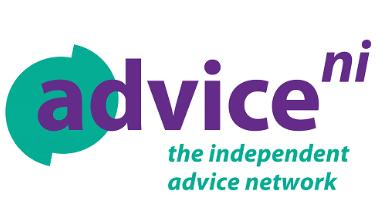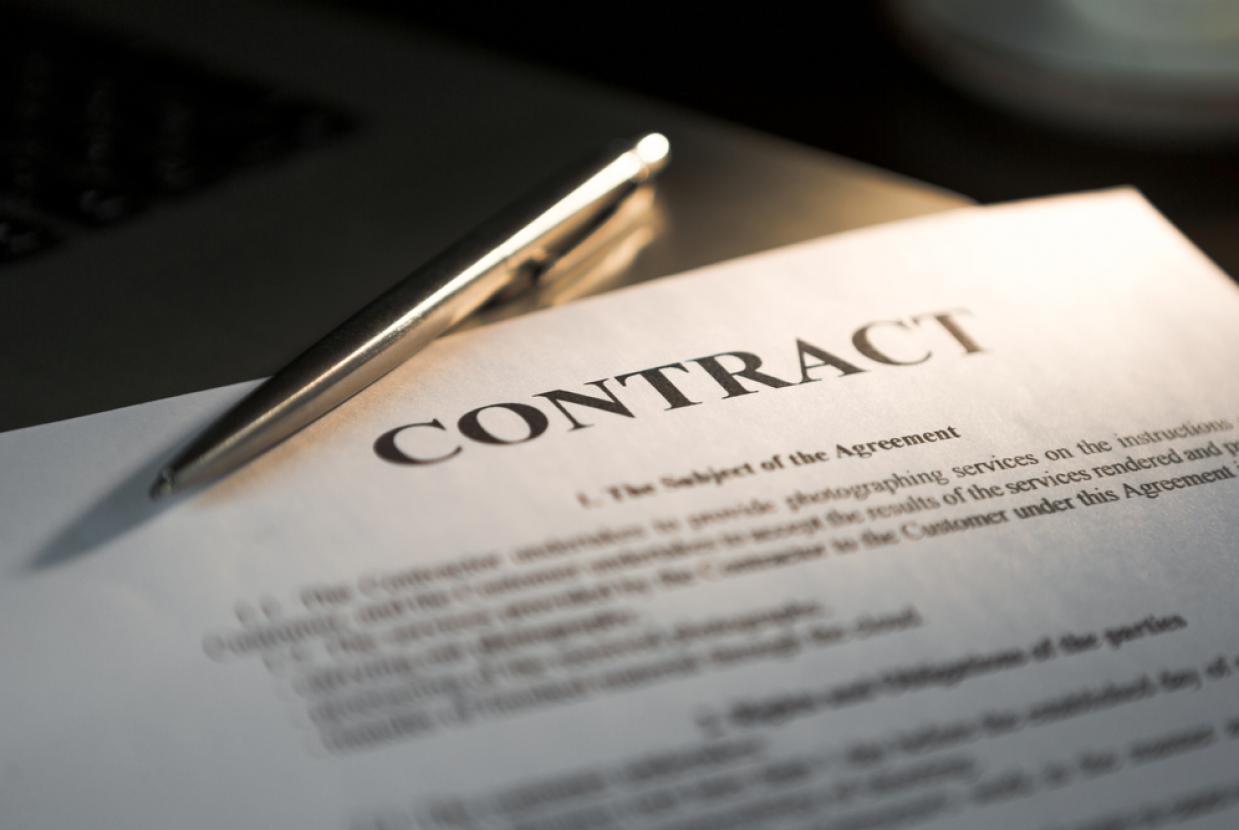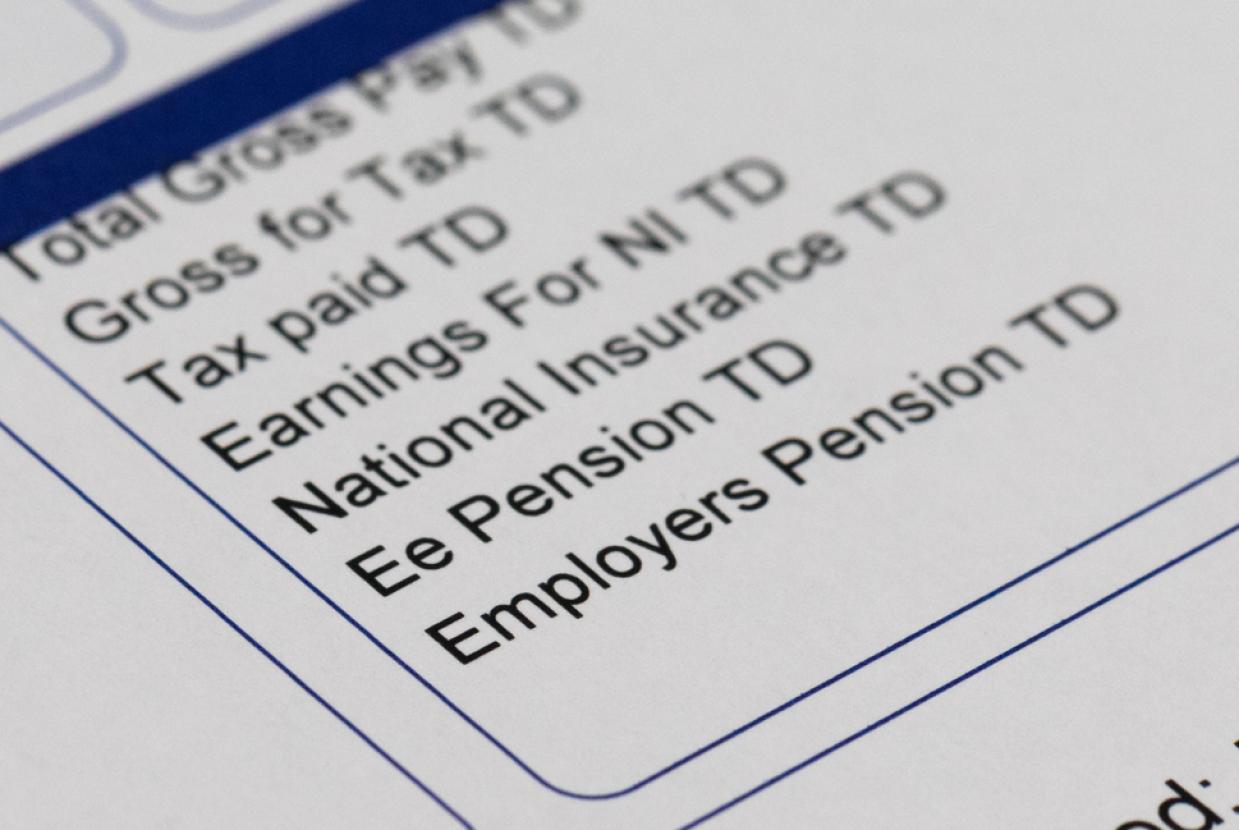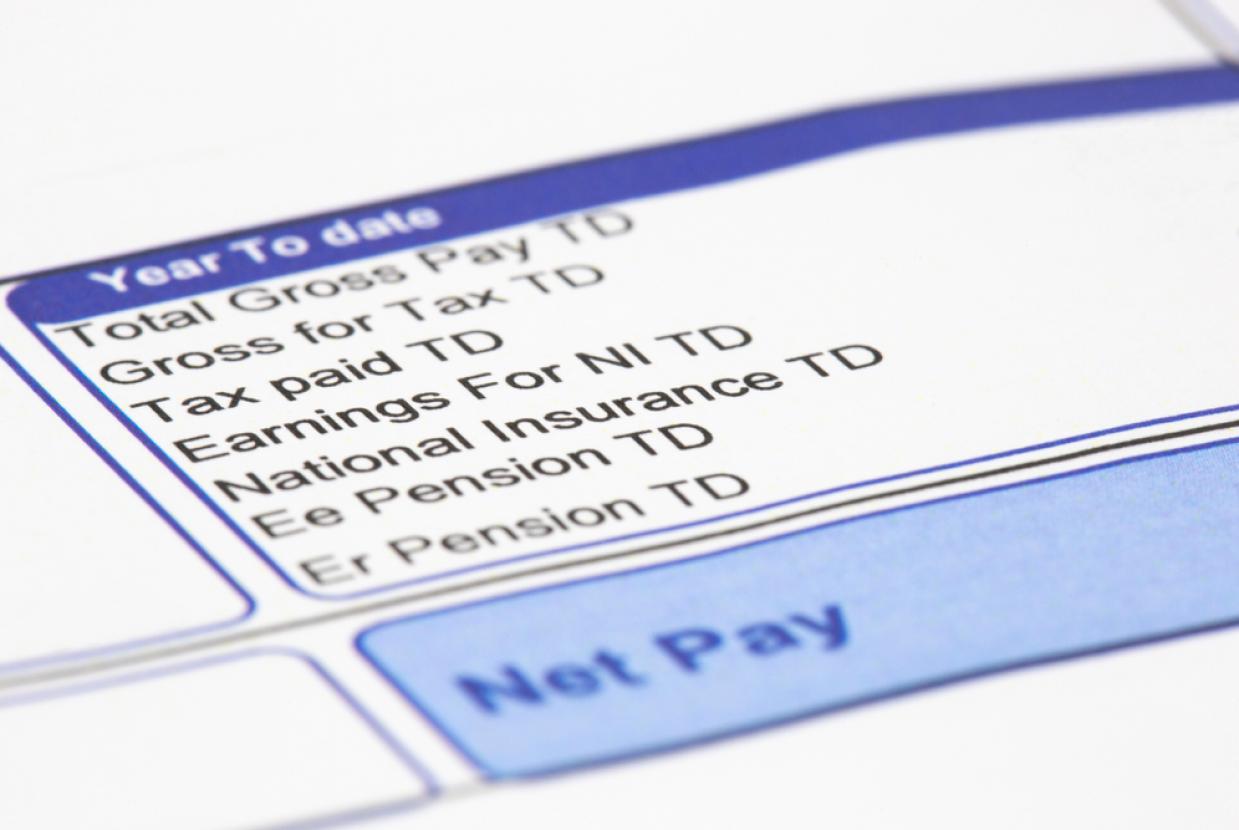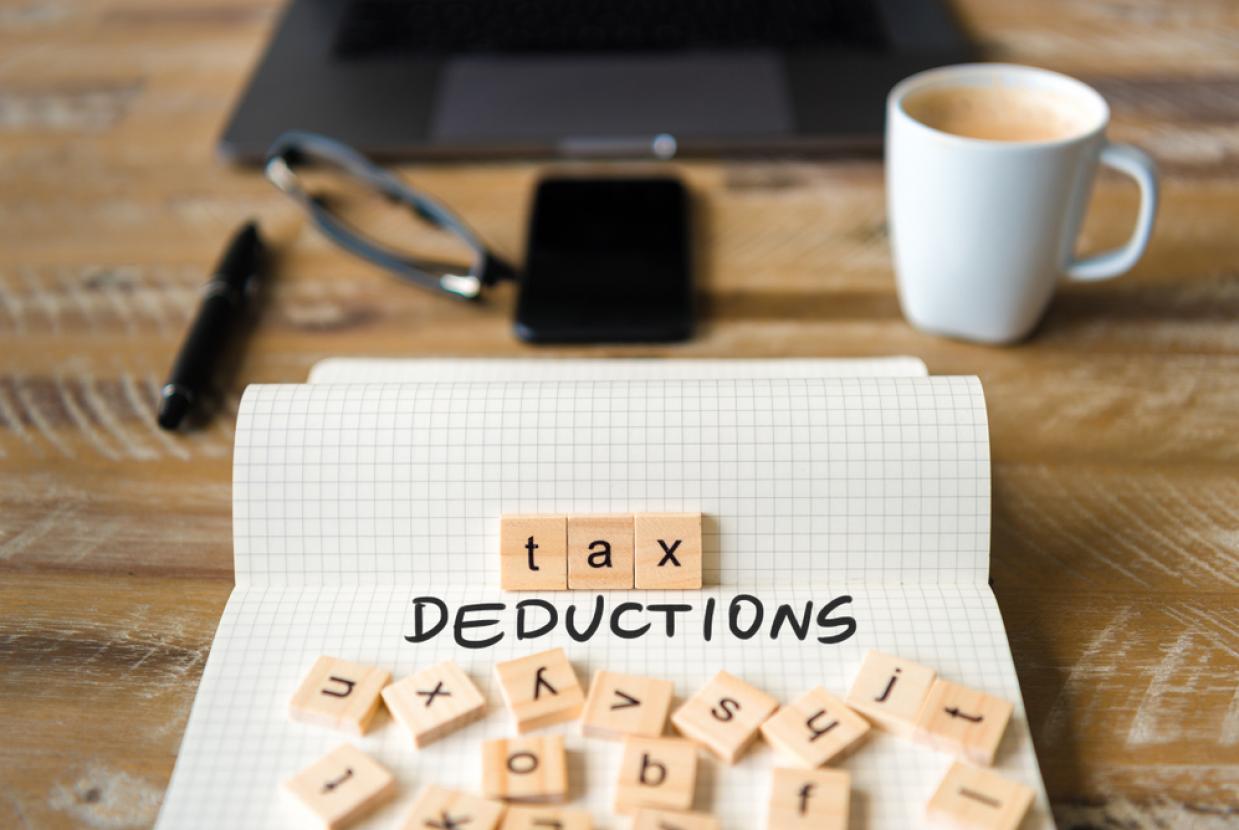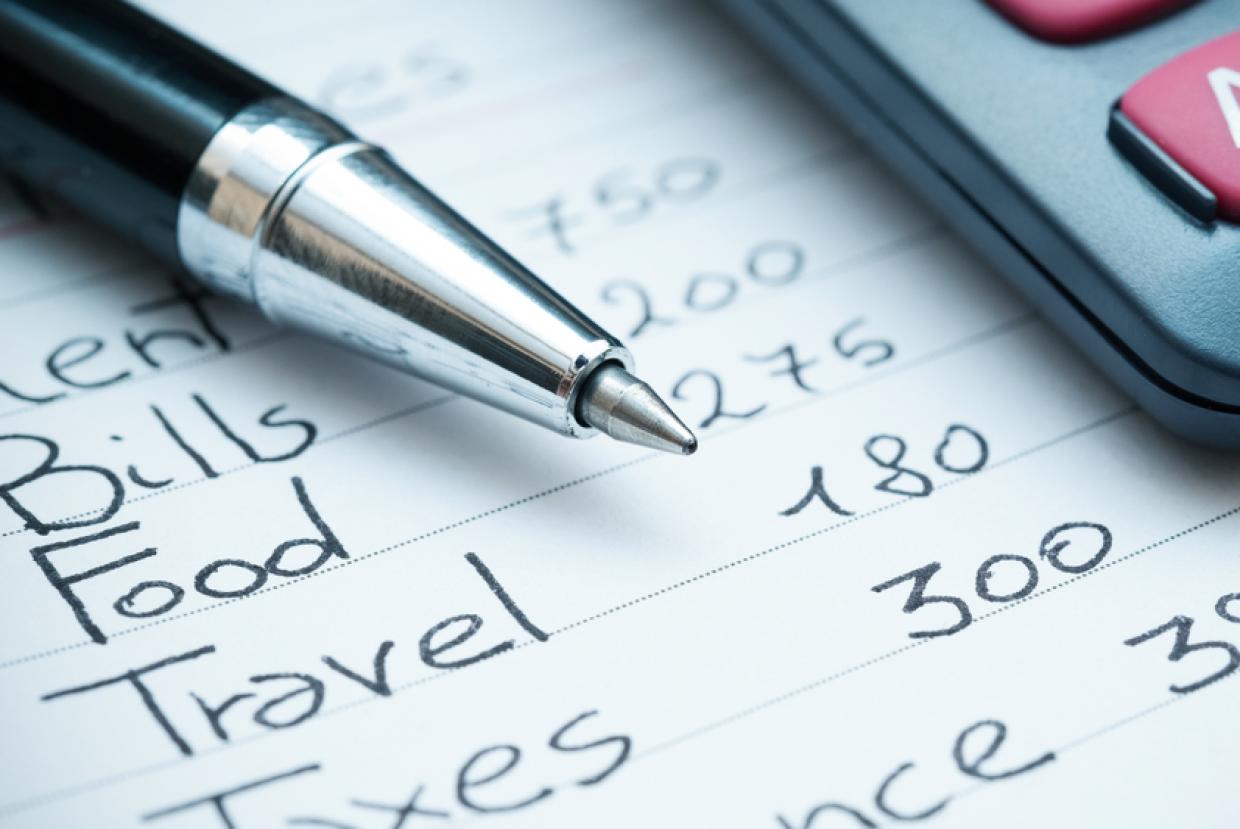Dealing With Income Tax
Taxes are dealt with and collected by Her Majesty’s Revenue and Customs (HMRC). There are different types of tax, which include those most commonly used which are listed below:
- Income tax. This is a tax you pay on income you receive.
- National Insurance contributions (NICs). These are paid to build up your entitlement to certain state benefits.
- Pay As You Earn (PAYE). HMRC uses this system to collect income tax and NICs from someone’s income at source if they work for an employer. If people work for you, you will have to take income tax and NICs from their earnings at source and pay this to HMRC.
- Value Added Tax (VAT). This is a tax that is charged on most goods and services which certain businesses provide.
Tax debts should be treated as priority debts. This is because HMRC have strong powers to collect the money from you. This factsheet explains what you can do if you cannot pay your income tax bill. For information on the other types of tax contact us for advice.
How does HMRC work out how much income tax I owe?
The tax year runs from 6 April in one year to 5 April the following year. You need to send HMRC an income tax return for each tax year.
This gives details of your circumstances and the money that has come into, and gone out of, your business.
The deadline for sending in your income tax return depends on how you send it in. If you send it in by post, the deadline is usually 31 October each year. If you send in your income tax return over the internet, the deadline is usually 31 January each year. Your return enables HMRC to work out how much tax you need to pay.
You should put aside a regular amount each month to help pay your income tax bill when HMRC calculates it. To help you work out what you should put aside, you can complete a business and household budget sheet. If you need assistance with this contact us for advice.
If you have sent in your return but you think you made a mistake on it, or missed some information off the return, you may still be able to sort it out. You usually have 12 months from the end of the tax year concerned to correct the mistake.
How should I deal with an income tax demand?
Your income tax bill for a particular tax year has to be paid by 31 January following the end of that tax year. A demand is sent when you do not pay your income tax on time. The demand will show the amount of income tax HMRC state you owe, plus any interest and penalties. Whenever you receive an income tax demand, check whether it can be reduced or challenged.
Do not ignore a tax demand. If you do, legal action could be taken against you. This could put your business and any assets that you own at risk.
Ask yourself the following questions:
- Did you send in your income tax return? If not, the income tax demand will be for an estimated amount. This is often called a ‘determination’. The only way you will be able to challenge it will be to make sure that you send in your income tax return with the correct figures.
- If you did send in the income tax return that the bill is based on, did you complete it correctly? For example, did you leave something out that you now realise you should have included? Or did you include a wrong amount and now need to correct it? You may still have time to correct any mistakes.
- Did you make sure that you made full use of tax allowances to reduce your tax bill? If you are not sure what tax allowances you can get, contact us for advice or contact Advice NI tax and benefits service on 0800 988 2377.
- Have any interest and penalties been correctly charged?
- Is an appeal possible? Appealing an income tax decision by HMRC can be complicated. For more information about income tax appeals go to the government website www.gov.uk and search for ‘tax appeals’.
- Have HMRC staff correctly processed all payments and information?
- Has HMRC made an error in sending the income tax demand.
If there are mistakes in your tax return, the amount HMRC calculates you owe could be wrong. Also, some types of errors in your tax return can lead to penalties being added to your debt.
Returns
HMRC will not agree to any payment arrangements or negotiations unless you have sent in your income tax return. You must do this as soon as possible. You will also be out of time to send in your return four years after the date when it should have originally been sent in.
If you have an income tax bill for an estimated amount, the rules about how long you have to send in your return are different. You have:
- 3 years from the original deadline for sending in your tax return; or
- 12 months from the date of the determination;
to send it in (whichever is later). Contact us for advice. If you are outside these timescales, you may be able to claim ‘special relief’. See the next section for more information. If you are having difficulty with your tax return and are on a low income, you may be able to get help from Advice NI Tax and Benefits service. See ‘Useful contacts’ at the end of this factsheet.
Click here for more information.



